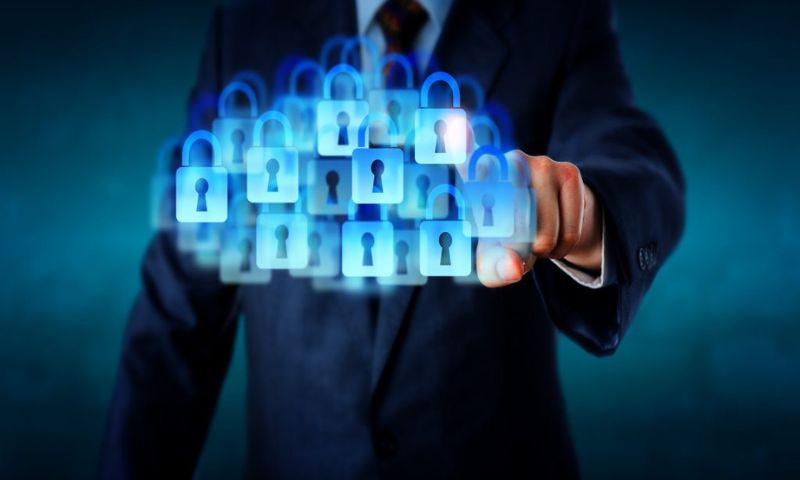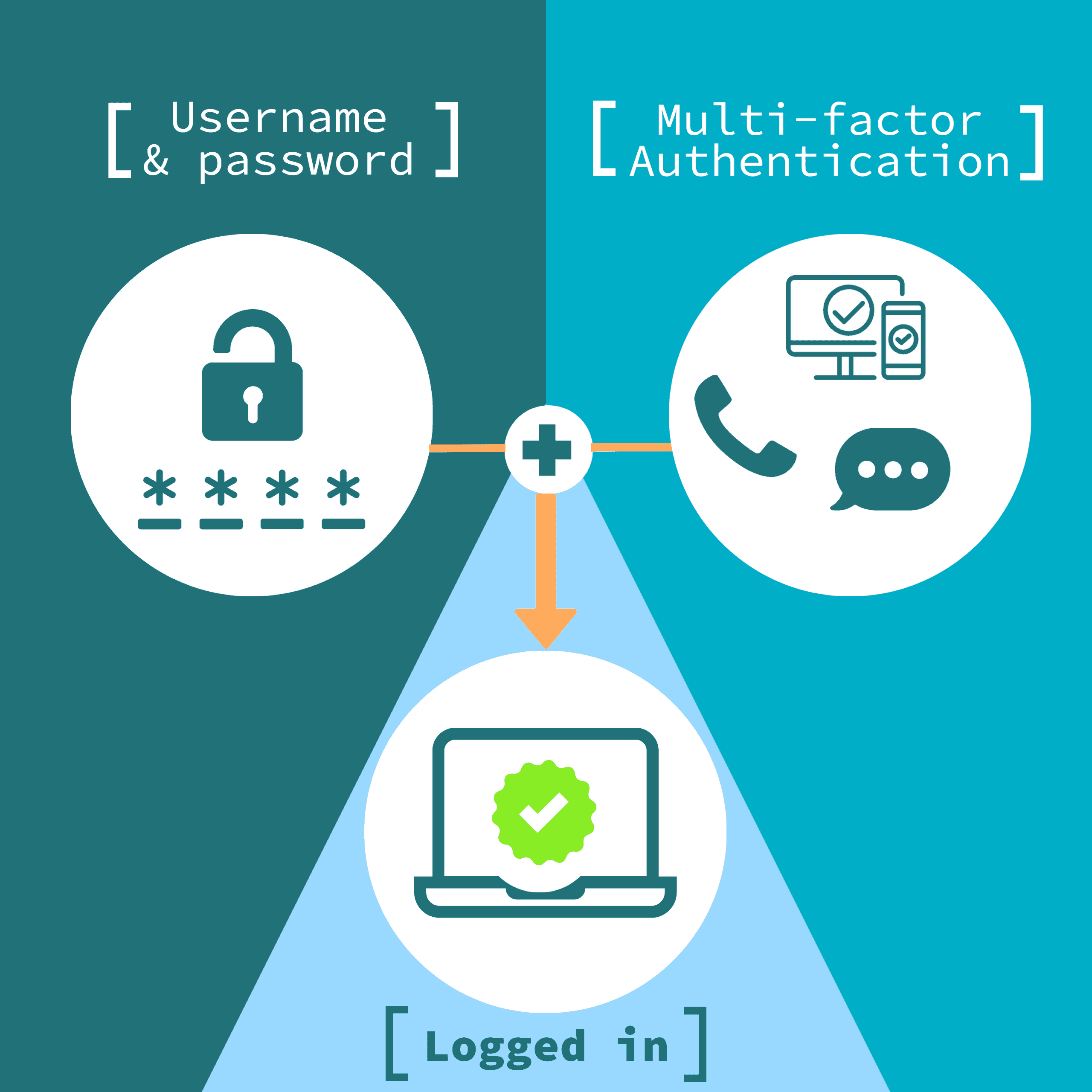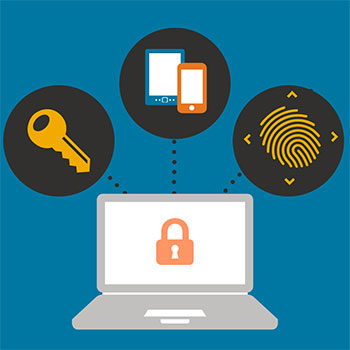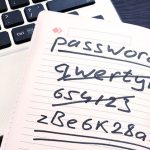How to Avoid Crypto Wallet Scams: Your Foolproof Safety Guide
You love crypto’s promise for the future. So do scammers. Our digital wallets are like honey pots to them. But you can learn how to avoid crypto wallet scams and shield your hard-earned digital cash. This guide is your armor in the wild west of crypto. Recognize the bad actors. Know the traps. Stick with me to become a wiz at sniffing out frauds and dodging every sneaky scam in the crypto space. Let’s lock down your assets and keep those sneaky thieves at bay.
Understanding Crypto Wallet Scams and Protecting Your Digital Currency
Recognizing Signs of Crypto Scams
To keep your digital money safe, know the warning signs of crypto scams. Be careful if you spot an offer that sounds too good to miss. These may be tricky Ponzi schemes. They promise big, fast returns but are just out to take your cash.
Watch out for messages, emails, or sites asking for your private keys or passwords. These could be phishing attacks, trying to steal your coins. Always check web addresses. A single wrong letter could lead you to a scam site.
If someone says you need to pay with crypto for something, think twice. It could be fraud. Crypto payments don’t have the same legal protection as credit cards do.
Strategies to Avoid Digital Wallet Fraud
To avoid digital wallet fraud, start with common sense. If it feels wrong, step back. Not every “crypto expert” is honest. Ask for proof and check their story.
Use only trustworthy wallet providers. Do a little homework online to learn who you can trust. Check out what other people say about them. Go with wallets that favor security. Look for things like encryption for wallet protection and private key safeguards.
A big yes for staying safe is multi-factor authentication. This adds an extra check to be sure it’s you tr
For the best secure crypto storage, use hardware wallets or cold wallets. They keep your currency offline, away from online thieves. Also, you should backup your wallet. If trouble hits, you can get back your crypto without a sweat.
For all the details you ever need on keeping safe from scams, check the original checklist from the experts.
Never forget, you can outsmart these scams. With the right knowledge and tools, you are the guardian of your own digital treasure. Make smart moves, and you won’t just avoid the traps; you’ll thrive in the world of cryptocurrency.
Best Practices for Secure Crypto Storage
Comparing Software Wallet vs. Hardware Wallet
When keeping crypto safe, you should pick the right wallet. Software wallets hold your currency online. They are free and easy to use. But, they can be risky if hackers attack. Hardware wallets keep your crypto offline. This is safer but can cost you money. For best security, use hardware wallets. They protect from online threats.
Backup Strategies for Wallets and Encryption for Wallet Protection
To guard your currency, have a backup. This means copying your wallet’s data. If you lose access or things go wrong, backups save the day. Be sure to encrypt your wallet’s backup. Encryption turns data into a code. It stops others from seeing your wallet’s info. Use strong passwords and keep them safe.
To stay ahead of scams, learn about safety in crypto. Spotting signs of scams helps avoid losing your digital coins. Fake wallets and phishing are real risks. Watch out for offers that seem too good. They may be trying to trick you. Check everything before you trust it.
For defending against wallet fraud, small steps matter. Use wallets from sources you can trust. Always update your wallet apps. Use encryption to shield your private keys. Multi-factor authentication adds another safety layer. Avoid using public Wi-Fi when making transactions.
A keen eye can spot wallet scams. Look for any strange activity in your wallet. If something does not seem right, it may not be safe. Keep an eye on wallet transactions. Be prepared. Know the safety moves for each wallet type. Make sure your crypto stays secure.
Using these tips, you protect your currency. They are simple, but they work. Scammers always look for easy targets. Don’t be one. Backup, encrypt, and choose safe wallets. These steps help keep your crypto locked up tight.
The Role of Vigilance in Preventing Phishing and Fake Wallet Apps
Phishing Attacks Prevention and Education
You must learn how phishing works. Scammers send fake emails or texts that look real. They trick you into giving your wallet details. Always check who sent you a message. If it seems off, don’t click any links.
Identifying and Avoiding Fake Wallet Apps
Be smart about your wallet app. Scammers make apps that look like real ones to steal your money. Only download wallets from official app stores. Check the reviews. If an app has few reviews or bad ones, don’t trust it. Look at who made the app. If it’s not from a known company, stay away.
Remember, no real wallet app will ask for your key outright. If one does, it’s a trap. Keep your software updated. This helps close off ways scammers get in. Stick with wallets known for being safe. If you’re not sure, ask folks who know crypto well.
In both cases, using your head and being careful is best. Always double-check before you trust. Your money’s safety is in your hands. So, be watchful, learn the signs, and keep your crypto secure.
Advanced Security Measures for Your Crypto Assets
Implementing Multi-factor Authentication and Private Key Safeguards
Staying safe in crypto means more than a strong password. We need layers, like an onion. How do we add layers? With multi-factor authentication, orfor short. Think of MFA as a super security trio. Your password invites two friends: a code from your phone and a fingerprint perhaps. It’s a crowd that scams can’t easily pass.
So, why is MFA a big deal? A simple password might get guessed or stolen, but add in MFA, and thieves hit a dead end. That extra code pops up only on your device. And your fingerprint? It’s yours alone. Even if someone gets your password, without your finger and your phone, they’re stuck outside.
Private keys are also vital. They’re like the master key to your digital treasure. Keep them under lock and key. Never share them, not even a peek. And when you write them down, think of the most secret spot you know. Keep them away from prying eyes and tech that talks to the internet. Your private key is for your eyes only, as if your crypto life depends on it—because it does.
Understanding Blockchain Security Measures and Smart Contract Vulnerabilities
Imagine a ledger, so clear that no one can make fake entries. That’s blockchain. It’s a digital ledger where all crypto transactions live. It’s tough to tamper with because it’s distributed across many computers. It’s like a sudoku puzzle filled in by thousands—change a number, and the puzzle won’t add up.
But even blockchains can have weak spots, especially in smart contracts. Smart contracts are rules in code that run on blockchain. They say things like, “pay Jane if she sends her report.” They’re smart but not perfect. Some have loopholes, like a back door left ajar. And that’s where the baddies sneak in.

To avoid smart contract tricks, learn the ropes of blockchain security. Know that updates to blockchain are like a group decision. Many computers agree before anything changes. Solid smart contracts are your pals, but they need checks. They need eyes prying over the code for any sneaky slips that could lead to loss.
Spotting signs of crypto scams and avoiding digital wallet fraud are more about wit than tech. Sure, tech helps—software to monitor your wallet, alerts for fishy moves, and updates to stay ahead of scams. But the sharpest tool is your own know-how. The more you learn, the tougher the target you become. Be the one who knows their crypto, and keep your digital gold locked tight.
So, we’ve tackled the sneaky world of crypto wallet scams, giving you the scoop on how to spot the bad guys. From knowing the warning signs to picking the right fight with smart safety moves, you’re now set to stay a step ahead. Remember, it’s all about making wise choices—choosing between software and hardware wallets, backing up your digital stash, and encrypting like a boss.
Don’t let your guard down when it comes to dodgy phishing tricks and phony wallet apps either. You’ve learned how to dodge those bullets. And hey, for that iron-clad defense? Multifactor authentication is your new best buddy, and getting your head around blockchain and smart contracts is key.
Keep these tips in mind and you’re not just playing it safe; you’re locking down your crypto fortress. Stay sharp, stay smart, and keep your digital dough secure!
Q&A :
How can I identify and steer clear of cryptocurrency wallet scams?
There are several key indicators to watch for to identify and avoid falling victim to cryptocurrency wallet scams. These include:
- Unsolicited offers: Be wary of unexpected offers or requests involving your wallet, especially from unknown sources.
- Too-good-to-be-true promises: High returns with little or no risk are a common tactic scammers use to lure victims.
- Lack of transparency: Legitimate operations are transparent about their processes and company details.
- High-pressure tactics: Scammers may try to rush or pressure you into making decisions.
- Unverified apps or websites: Only download wallet apps from official stores and websites after verifying their authenticity.
Always do thorough research and due diligence before engaging with any crypto service.
What are the best practices to secure my cryptocurrency wallet?
To secure your cryptocurrency wallet, adopt the following best practices:
- Use strong, unique passwords: And never share your password with anyone.
- Enable two-factor authentication (2FA): This provides an additional layer of security.
- Regular backups: Keep regular backups of your wallet’s key information.
- Keep software updated: Ensure your wallet software and all related applications are updated.
- Be mindful of phishing attacks: Verify all communication and avoid clicking on suspicious links.
Educating yourself about common security threats and staying informed about best practices can significantly enhance the safety of your assets.
What should I do if I suspect a crypto wallet scam?
If you suspect a crypto wallet scam:
- Stop all transactions immediately: Do not send any more currency to the wallet.
- Change your passwords: Make sure to change the passwords for your wallet and any related accounts.
- Report the scam: Contact the relevant authorities or platforms where the scam occurred.
- Warn others: Share your experience in cryptocurrency communities to help prevent others from being scammed.
- Consult a professional: If significant assets are at stake, consulting a cybersecurity expert might be necessary.
Taking swift action can prevent further loss and help others in the community.
Are there any trustworthy resources to learn more about crypto wallet security?
Yes, several trustworthy resources can educate you about crypto wallet security:
- Official cryptocurrency websites: Websites like Bitcoin.org offer guidance on wallet security.
- Cybersecurity experts’ blogs: Professionals in the field often publish articles on current security practices and threats.
- Cryptocurrency community forums: Communities like Reddit’s r/cryptocurrency can be valuable for advice and keeping up-to-date with scams.
- Government agencies: Entities like the U.S. Securities and Exchange Commission (SEC) provide resources and alerts on crypto scams.
Always ensure that you are accessing information from reputable and official sources to avoid misinformation.
How do I ensure the cryptocurrency trading platform I use is secure?
To ensure the security of the cryptocurrency trading platform you use:
- Research the platform: Read reviews and check their history for breaches or scams.
- Check security measures: A secure platform should have strong encryption, 2FA, and insurance policies.
- Audit their compliance: Verify that the platform complies with relevant regulatory standards.
- Monitor your accounts: Regularly check your accounts for any unauthorized transactions.
- Use secure internet connections: Avoid trading on public Wi-Fi; use a VPN for additional security.
Remember, even with a secure platform, your personal security habits are equally crucial.



